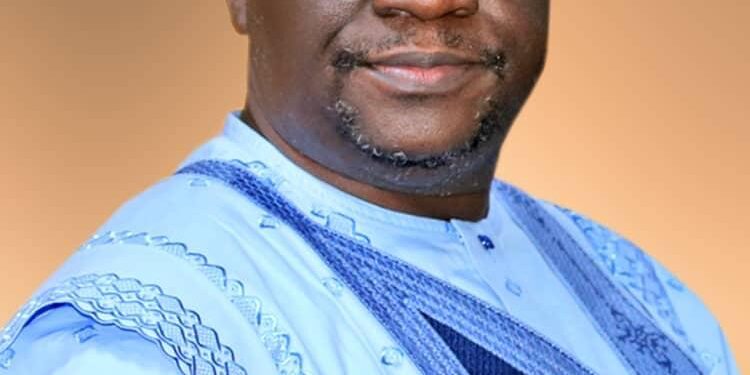The Industrial Training Fund (ITF) at the weekend said it’s intensifying efforts to modernize its operations and enhance public service delivery through digital innovation.
Speaking during a presentation of dedicated laptops to Directors and of Heads of Departments and Units during the 17th ITF Management Retreat at Lakowe Golf Resort in Lekki, Lagos, Director-General Dr. Afiz Oluwatoyin Ogun reaffirmed the organization’s commitment to leveraging digital technologies to streamline internal processes.
A statement signed by Thomas Ngor , the Head, Press and Public Affairs of the funds and made available to newmen jn Jos reads that Dr. Ogun said the presentation marked a significant step toward automating communication within the ITF.
In his words “In our pursuit of excellence, we are adopting digital tools to enhance efficiency and reduce reliance on paper-based processes,”.
He announced that internal and inter-departmental memos, as well as official correspondence, will now be transmitted electronically, fostering a smarter, more sustainable management culture.
This shift is expected to improve response times, ensure accurate documentation, and enhance interdepartmental collaboration.
“This is a bold step toward building a modern, forward-thinking institution ready to meet the demands of a dynamic global economy,” Dr. Ogun added.
The Director-General emphasized that digital communication aligns with ITF’s broader strategy to automate systems and processes in accordance with global best practices.
He also revealed that the ITF has begun digitizing and archiving all records and documents from 2019 onward to improve accessibility and operational efficiency.
Dr. Ogun further disclosed that similar tablets and access will be extended to other supervisory cadres, including Heads of Divisions and Sub-Units, to align the ITF with modern office practices and global standards for agencies with similar mandates.
The statement also reads that in his keynote address, themed “Developing Effective Strategies for Skill-Up Artisans (SUPA) Implementation: Opportunities and Challenges,” Dr. Ogun outlined a two-pronged policy to enhance skills development and improve personnel efficiency, work processes, and staff welfare. “We are not reinventing the wheel but are committed to fully utilizing our mandate to better serve Nigeria and increase our visibility,” he concluded.



















